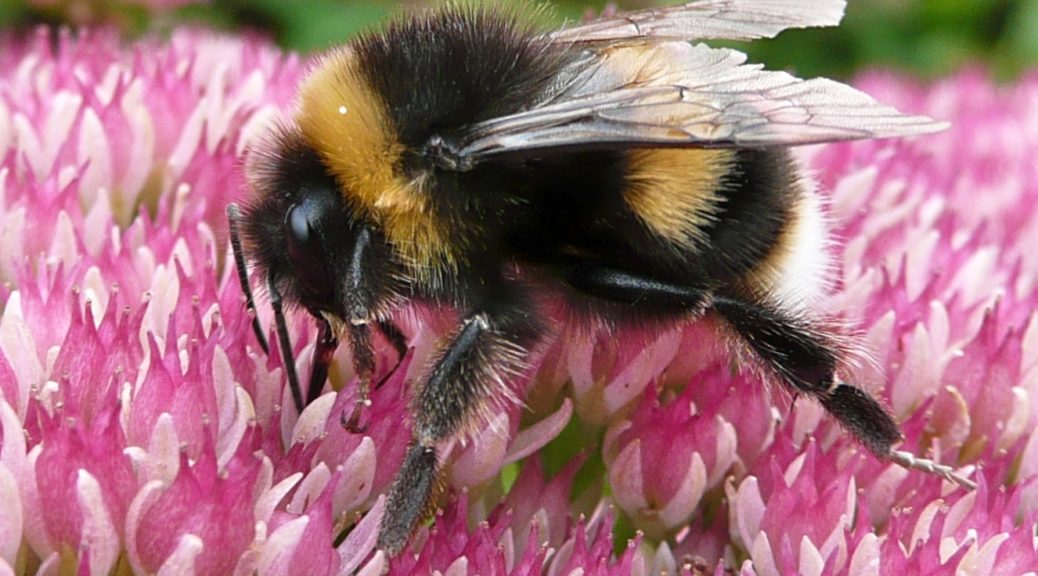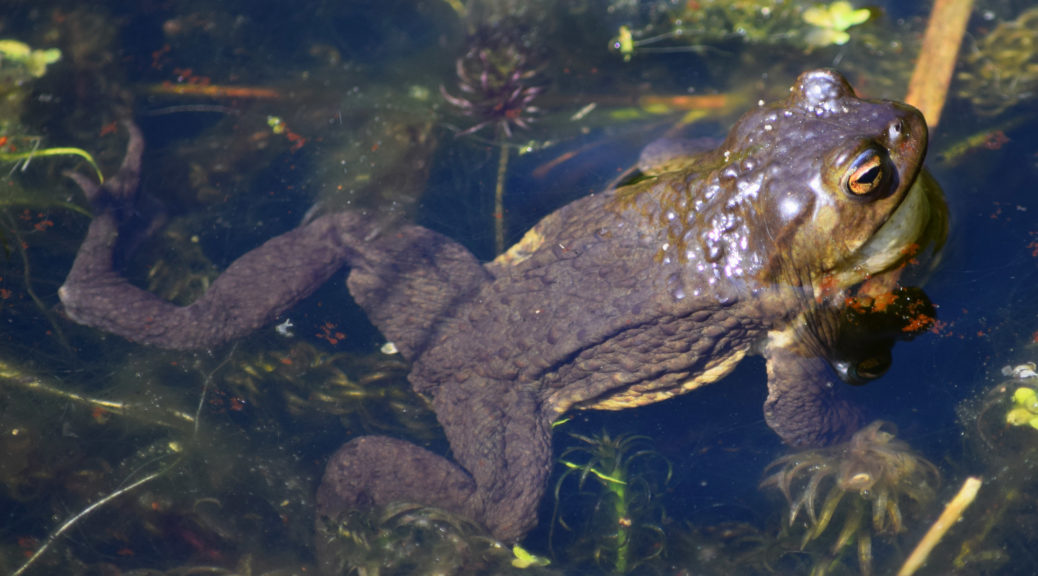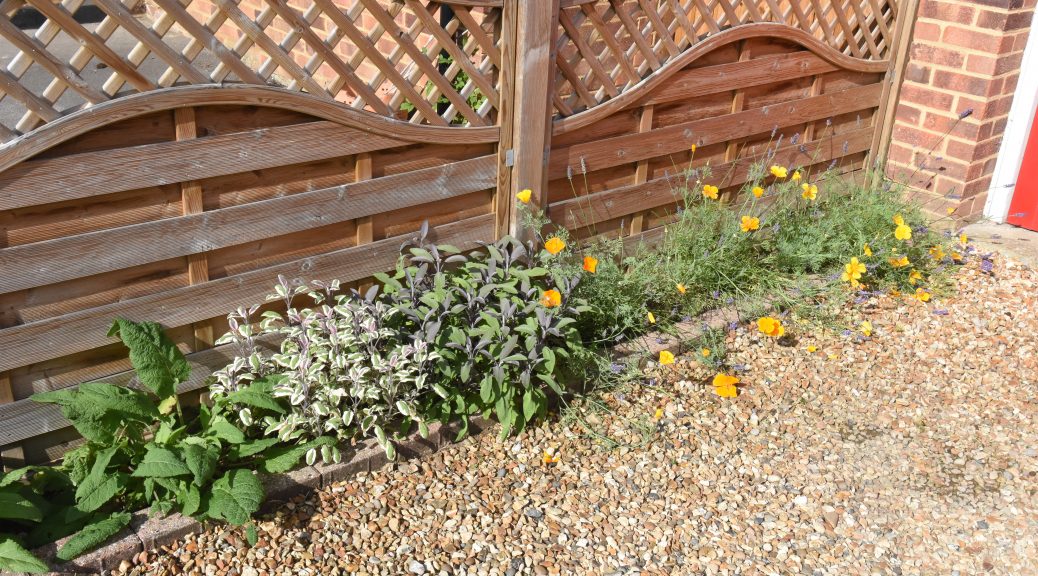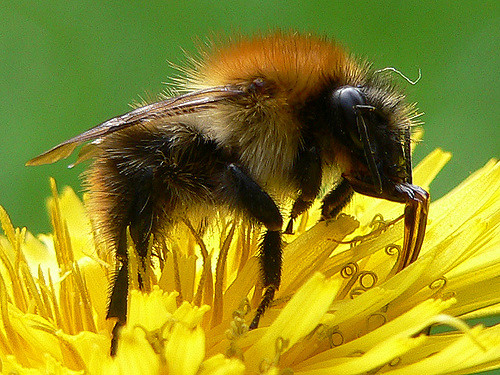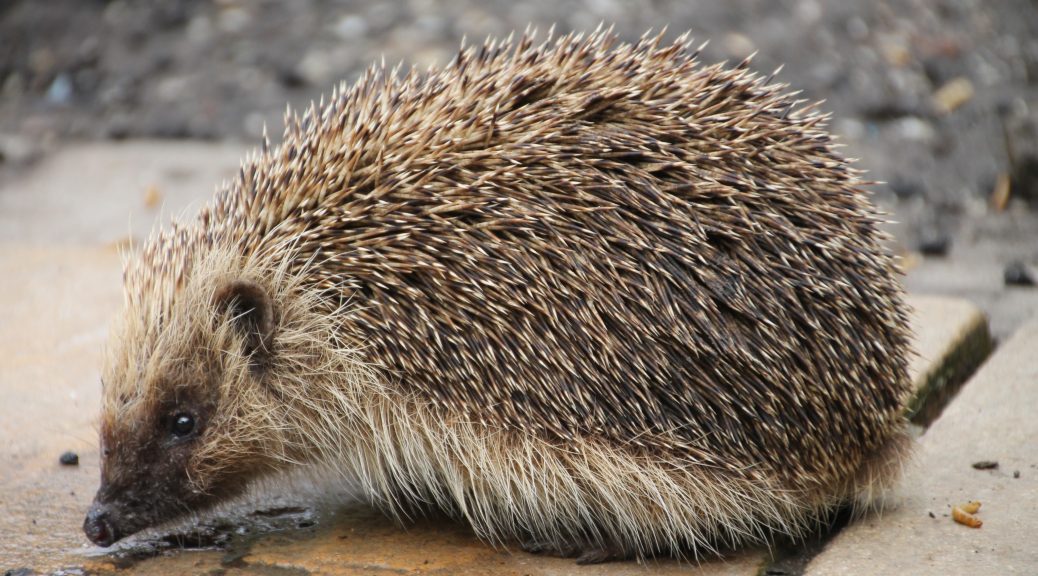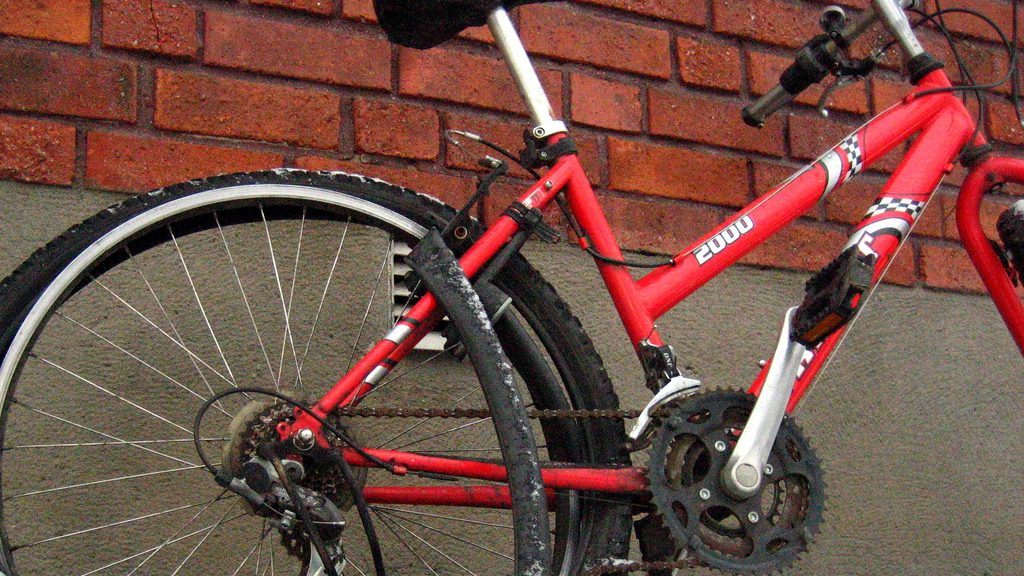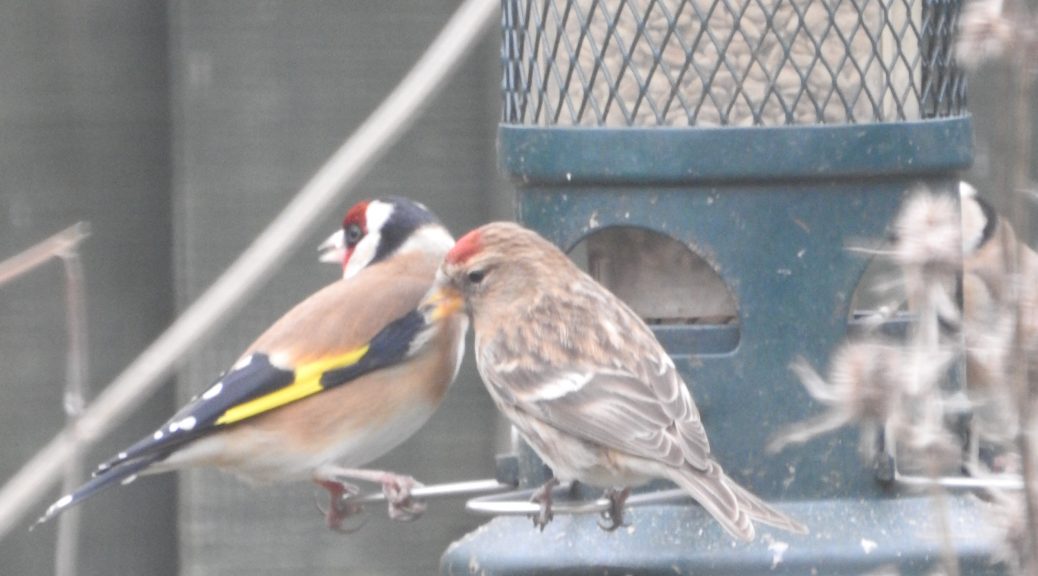The Guardian reports if you’ve ever felt a pang of pity for a starving bee struggling on the pavement in front of you, then help may soon be at hand. Or more precisely, in your wallet.
A community development worker has invented a credit card-style reviver for bees containing three sachets of sugar solution, which can be placed beside the insect to feed it.
Dan Harris, 40, is now crowdfunding to produce the “Bee Saviour” cards after the success of his prototype, with community groups and businesses in his local city of Norwich, including the Book Hive bookshop and a local pub, pledging to stock the £4 bee revivers.
Each card contains three indentations containing a beekeepers’ formula, secured by foil-backed stickers which can be peeled off.
Photo by Jim Smart under creative commons.

